Behavioral therapies are based on the belief that behavioral patterns are often learned and may be linked to past conditioning and environmental influences. The goal of behavioral therapy is to reinforce positive behaviors and to eliminate those that are unhealthy or dysfunctional.
Unlike psychoanalysis, behavioral therapies often focus more on current problems and how to change them, rather than unresolved childhood trauma. The goal is to change negative destructive behaviors and thoughts into positive responses.
Numerous studies have confirmed the effectiveness of behavioral therapies in the treatment of substance use disorder (SUD), depression, anxiety, panic disorders, eating disorders, and other mental disorders.
Two widely accepted behavioral therapies include Cognitive Behavioral Therapy (CBT) and Dialectical Behavioral Therapy (DBT).
Cognitive Behavioral Therapy (CBT)
CBT is a combination of behavioral therapy and cognitive therapy. It is based on the premise that a person’s thoughts and beliefs influence their mood and actions.
Negative beliefs and emotions adversely impact an individual’s behavioral, emotional, and physical health. The goal of CBT is to help the individual change their thinking and behavioral patterns to achieve healthier responses.
CBT helps clients recognize “hot thoughts,” which are thought patterns that trigger negative emotions and behaviors, often contributing to substance use or other mental disorders. Once they have identified those thoughts, individuals can learn to change their response.
CBT is especially effective in the treatment of substance use and mental disorders, including eating disorders, and in the treatment of attention deficit disorder, insomnia, and chronic pain.
Dialectical Behavioral Therapy (DBT)
DBT is a modified form of CBT and was originally developed by psychologist and researcher Marsha Linehan to treat patients with borderline personality disorder (BPD) and persistent thoughts of suicide.
Although CBT and DBT are similar approaches, DBT focuses more on building skills to manage emotions and to improve interpersonal relationships. Clients learn to develop skills like mindfulness, coping in crisis situations, improving social skills, and dealing with primary emotions so they don’t escalate.
Dialectic means two or more opposite or conflicting ideas that exist and interact. DBT seeks to guide clients through such opposites as acceptance and change. For example, clients can find acceptance of past experiences and the internal balance needed for healthy change.
While DBT is still widely used to treat BPD and suicidal thoughts, it is also considered an effective therapy for eating disorders, substance use disorders, depression, and other mood disorders.
Other Forms of Behavioral Therapy
Other behavioral therapeutic approaches include:
- Systematic desensitization is often used to treat phobias or fears. The individual is gradually exposed to the source of phobia while practicing relaxation exercises.
- Flooding is like systematic desensitization, but rather than face the fear gradually, the client faces it directly.
Behavioral therapies are recognized by the National Institute on Drug Abuse as effective evidence-based approaches to addiction treatment.
Turning Point of Tampa has been offering Licensed Residential Treatment for Addiction, Eating Disorders and Dual Diagnosis in Tampa since 1987.


